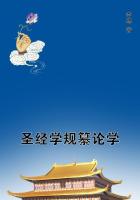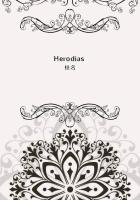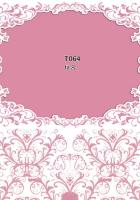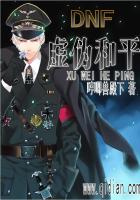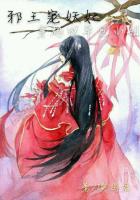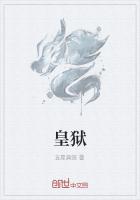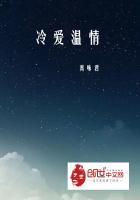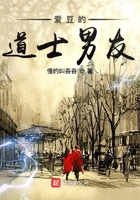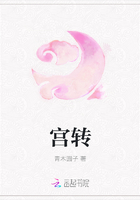Among the ranks of the great astronomers it would be difficult to find one whose life presents more interesting features and remarkable vicissitudes than does that of Galileo. We may consider him as the patient investigator and brilliant discoverer. We may consider him in his private relations, especially to his daughter, Sister Maria Celeste, a woman of very remarkable character; and we have also the pathetic drama at the close of Galileo's life, when the philosopher drew down upon himself the thunders of the Inquisition.
The materials for the sketch of this astonishing man are sufficiently abundant. We make special use in this place of those charming letters which his daughter wrote to him from her convent home. More than a hundred of these have been preserved, and it may well be doubted whether any more beautiful and touching series of letters addressed to a parent by a dearly loved child have ever been written. An admirable account of this correspondence is contained in a little book entitled "The Private Life of Galileo," published anonymously by Messrs. Macmillan in 1870, and I have been much indebted to the author of that volume for many of the facts contained in this chapter.
Galileo was born at Pisa, on 18th February, 1564. He was the eldest son of Vincenzo de' Bonajuti de' Galilei, a Florentine noble.
Notwithstanding his illustrious birth and descent, it would seem that the home in which the great philosopher's childhood was spent was an impoverished one. It was obvious at least that the young Galileo would have to be provided with some profession by which he might earn a livelihood. From his father he derived both by inheritance and by precept a keen taste for music, and it appears that he became an excellent performer on the lute. He was also endowed with considerable artistic power, which he cultivated diligently. Indeed, it would seem that for some time the future astronomer entertained the idea of devoting himself to painting as a profession. His father, however, decided that he should study medicine. Accordingly, we find that when Galileo was seventeen years of age, and had added a knowledge of Greek and Latin to his acquaintance with the fine arts, he was duly entered at the University of Pisa.
Here the young philosopher obtained some inkling of mathematics, whereupon he became so much interested in this branch of science, that he begged to be allowed to study geometry. In compliance with his request, his father permitted a tutor to be engaged for this purpose; but he did so with reluctance, fearing that the attention of the young student might thus be withdrawn from that medical work which was regarded as his primary occupation. The event speedily proved that these anxieties were not without some justification. The propositions of Euclid proved so engrossing to Galileo that it was thought wise to avoid further distraction by terminating the mathematical tutor's engagement. But it was too late for the desired end to be attained. Galileo had now made such progress that he was able to continue his geometrical studies by himself. Presently he advanced to that famous 47th proposition which won his lively admiration, and on he went until he had mastered the six books of Euclid, which was a considerable achievement for those days.
The diligence and brilliance of the young student at Pisa did not, however, bring him much credit with the University authorities. In those days the doctrines of Aristotle were regarded as the embodiment of all human wisdom in natural science as well as in everything else. It was regarded as the duty of every student to learn Aristotle off by heart, and any disposition to doubt or even to question the doctrines of the venerated teacher was regarded as intolerable presumption. But young Galileo had the audacity to think for himself about the laws of nature. He would not take any assertion of fact on the authority of Aristotle when he had the means of questioning nature directly as to its truth or falsehood. His teachers thus came to regard him as a somewhat misguided youth, though they could not but respect the unflagging industry with which he amassed all the knowledge he could acquire.
[PLATE: GALILEO'S PENDULUM.]
We are so accustomed to the use of pendulums in our clocks that perhaps we do not often realise that the introduction of this method of regulating time-pieces was really a notable invention worthy the fame of the great astronomer to whom it was due. It appears that sitting one day in the Cathedral of Pisa, Galileo's attention became concentrated on the swinging of a chandelier which hung from the ceiling. It struck him as a significant point, that whether the arc through which the pendulum oscillated was a long one or a short one, the time occupied in each vibration was sensibly the same. This suggested to the thoughtful observer that a pendulum would afford the means by which a time-keeper might be controlled, and accordingly Galileo constructed for the first time a clock on this principle. The immediate object sought in this apparatus was to provide a means of aiding physicians in counting the pulses of their patients.
The talents of Galileo having at length extorted due recognition from the authorities, he was appointed, at the age of twenty-five, Professor of Mathematics at the University of Pisa. Then came the time when he felt himself strong enough to throw down the gauntlet to the adherents of the old philosophy. As a necessary part of his doctrine on the movement of bodies Aristotle had asserted that the time occupied by a stone in falling depends upon its weight, so that the heavier the stone the less time would it require to fall from a certain height to the earth. It might have been thought that a statement so easily confuted by the ******st experiments could never have maintained its position in any accepted scheme of philosophy.

